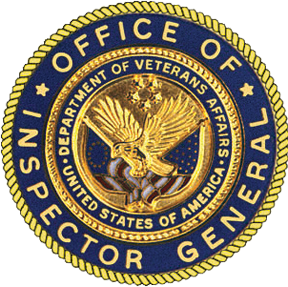The Veterans Integrated Service Network Director, in conjunction with facility directors, ensures facility community care oversight councils function according to their charters and meet the required number of times per fiscal year.
The Veterans Integrated Service Network Director, in conjunction with facility directors, reassess community care staffing needs and act as necessary.
The Veterans Integrated Service Network Director, in conjunction with facility directors, ensures facility community care staff enter community care patient safety events into the Joint Patient Safety Reporting system.
The Veterans Integrated Service Network Director, in conjunction with facility directors, ensures patient safety managers or designees brief community care patient safety event trends, lessons learned, and corrective actions at community care oversight council meetings.
The Veterans Integrated Service Network Director, in conjunction with facility directors, ensures facility staff import all community care documents into the patient’s electronic health record within five business days of receipt.
The Veterans Integrated Service Network Director, in conjunction with facility directors, requires facility community care staff to use the significant findings alert to notify the ordering provider of abnormal diagnostic imaging results.
The Veterans Integrated Service Network Director, in conjunction with facility directors, ensures facility community care staff make two additional attempts to obtain community providers’ medical documentation within 90 days of the appointment after administratively closing consults that are not low risk.
The Veterans Integrated Service Network Director, in conjunction with facility directors, ensures facility community care staff process community providers’ requests for additional services within three business days of receipt.
The Veterans Integrated Service Network Director, in conjunction with facility directors, ensures facility community care staff send approval or denial letters to community providers for requests for additional services.
The Veterans Integrated Service Network Director, in conjunction with facility directors, ensures facility community care staff send approval or denial letters to patients for requests for additional services.
The Veterans Integrated Service Network Director, in conjunction with facility directors, ensures facility community care staff create and use the Community Care–Care Coordination Plan note to document all care coordination activities for consults with an assigned level of care other than basic.
The Veterans Integrated Service Network Director, in conjunction with facility directors, ensures facility community care staff confirm patients attended their community care appointments.
The Veterans Integrated Service Network Director, in conjunction with facility directors, ensures facility community care staff create the Community Care–Urgent Care Record note in the patient’s electronic health record when they receive medical documentation from the community provider.
